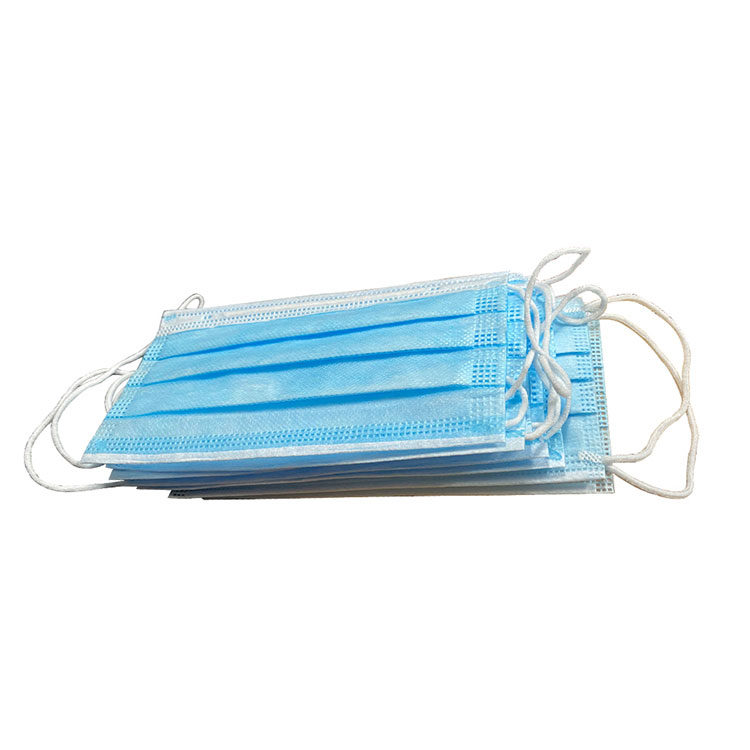The Importance of Anti-Coronavirus Facial Masks: Your Guide to Safety and Protection
2024-09-24
In the wake of the COVID-19 pandemic, the use of facial masks has become a crucial part of our daily lives. Among the various types of masks available, the anti-coronavirus facial mask stands out as a vital tool for protecting ourselves and others from the virus. In this blog, we will explore the significance of these masks, the different types available, their effectiveness, and tips for proper usage.
Why Anti-Coronavirus Facial Masks Matter
The primary purpose of anti-coronavirus facial masks is to reduce the transmission of the virus. COVID-19 spreads mainly through respiratory droplets released when an infected person coughs, sneezes, talks, or breathes. Wearing a mask helps to:
1. Protect the Wearer: Masks act as a barrier, reducing the likelihood of inhaling infectious particles from the environment.
2. Protect Others: Masks also help prevent the wearer from spreading the virus to others, especially if they are asymptomatic.
3. Reduce Community Transmission: Widespread mask usage can significantly lower the rate of transmission in communities, contributing to overall public health safety.
Types of Anti-Coronavirus Facial Masks
When selecting a mask, it’s essential to consider the type and its effectiveness. Here are some of the most common types of anti-coronavirus facial masks:
1. Surgical Masks: These disposable masks are designed to protect against large droplets and are commonly used in healthcare settings. They provide a good level of protection but are less effective against smaller aerosol particles.
2. N95 Respirators: N95 masks offer a higher level of filtration and fit snugly to the face, reducing exposure to airborne particles. They are recommended for healthcare workers and high-risk environments.
3. Cloth Masks: While cloth masks vary in effectiveness, they can significantly reduce droplet transmission. It’s important to choose masks made of multiple layers of fabric and ensure a proper fit.
4. Face Shields: Although not a substitute for masks, face shields can provide additional protection, particularly in combination with a mask. They help block respiratory droplets from reaching the wearer.
Effectiveness of Anti-Coronavirus Masks
The effectiveness of an anti-coronavirus mask depends on several factors, including:
1. Material: Masks made from multiple layers of high-quality fabric or medical-grade materials provide better filtration.
2. Fit: A well-fitted mask that covers the nose, mouth, and chin without gaps will be more effective in preventing the spread of droplets.
3. Usage: Proper usage is crucial. Masks should be worn consistently in public settings and should be replaced if they become damp or soiled.
4. Combination with Other Measures: Masks are most effective when used in conjunction with other preventive measures, such as social distancing, hand hygiene, and vaccination.
Tips for Proper Mask Usage
To maximize the effectiveness of your anti-coronavirus facial mask, consider the following tips:
1. Choose the Right Mask: Select a mask that suits your needs and provides adequate protection based on your environment and activities.
2. Ensure a Proper Fit: Adjust the mask to fit snugly against the sides of your face without gaps, ensuring it covers both your nose and mouth.
3. Practice Good Hygiene: Wash your hands before putting on or taking off your mask, and avoid touching the mask while wearing it.
4. Follow Guidelines: Stay informed about local health guidelines regarding mask usage and recommendations, especially in crowded or enclosed spaces.
5. Care for Your Mask: For reusable masks, wash them regularly according to the manufacturer’s instructions to maintain their effectiveness.
Conclusion
Anti-coronavirus facial masks play a crucial role in protecting ourselves and others during the ongoing pandemic. By understanding the importance of masks, the different types available, and how to use them effectively, we can contribute to reducing the spread of COVID-19 in our communities. Remember that wearing a mask is not just a personal choice; it’s a collective responsibility to safeguard public health. Let’s continue to prioritize safety and stay vigilant in our efforts to overcome this global challenge together.



